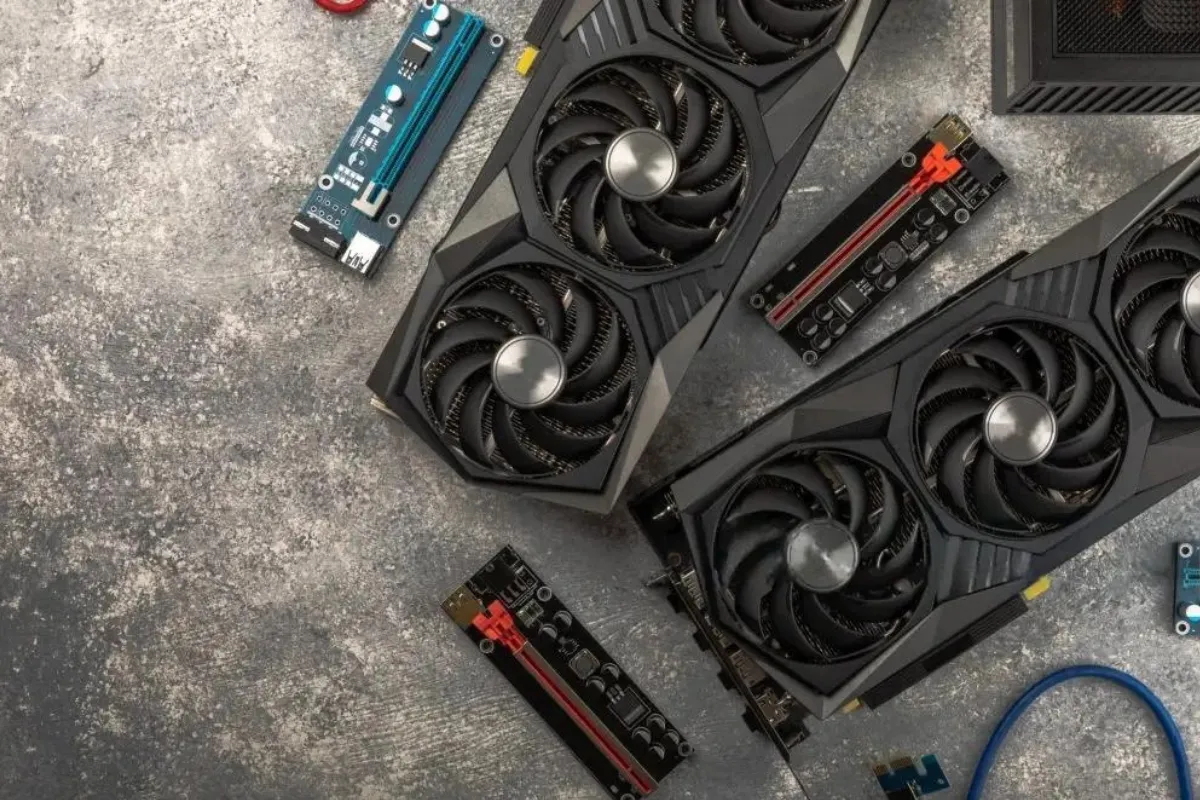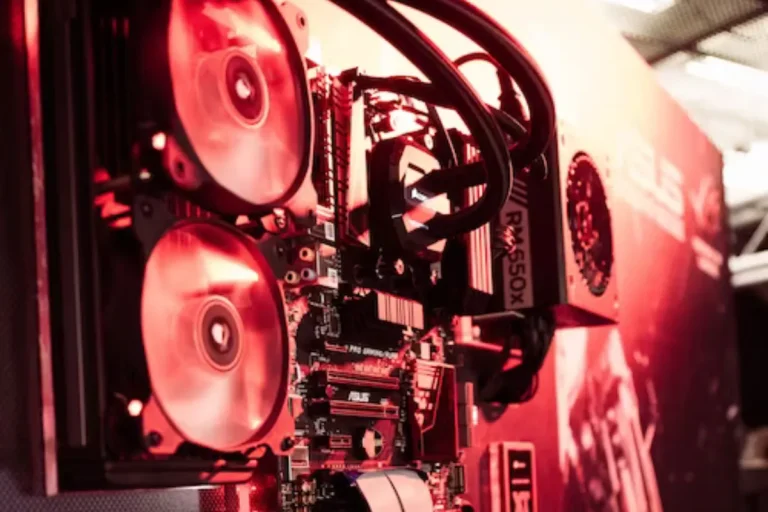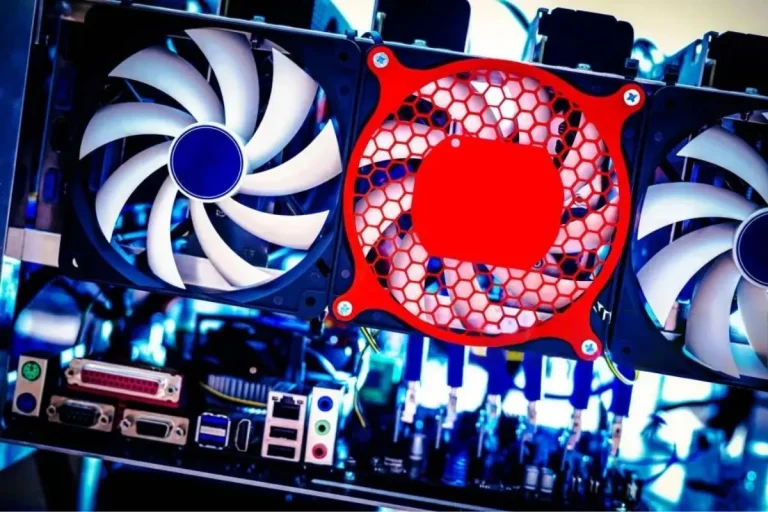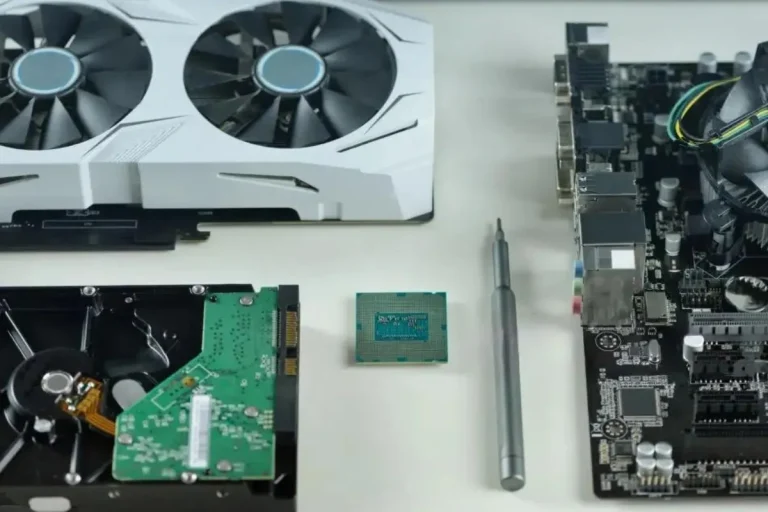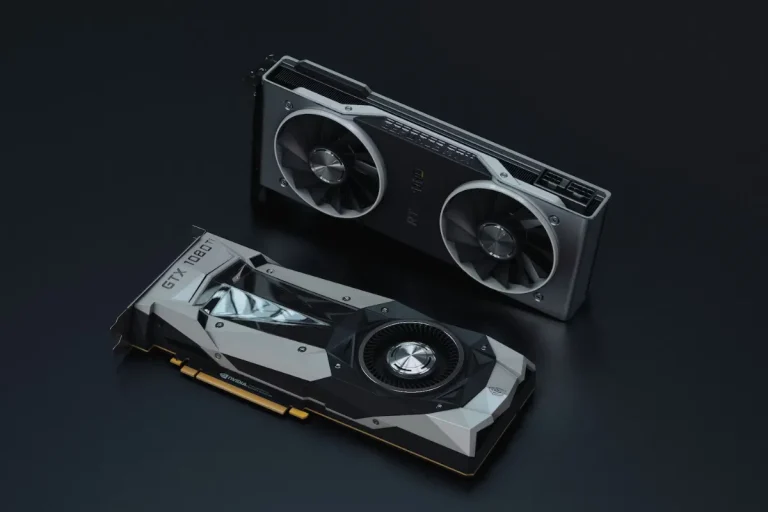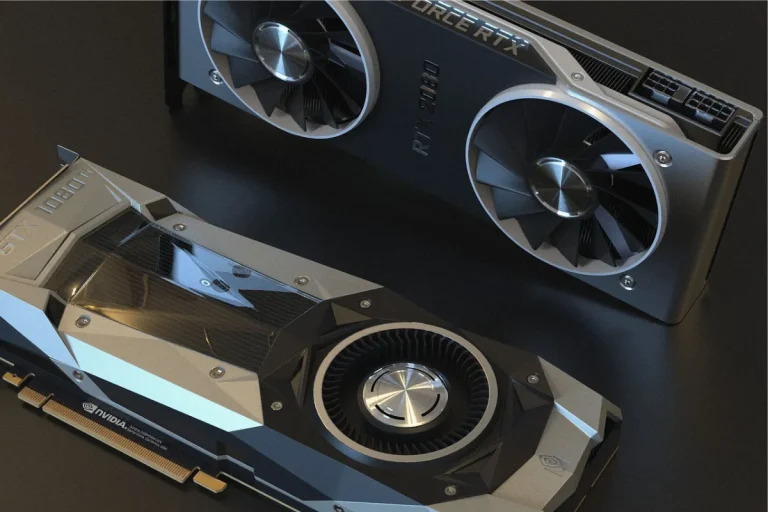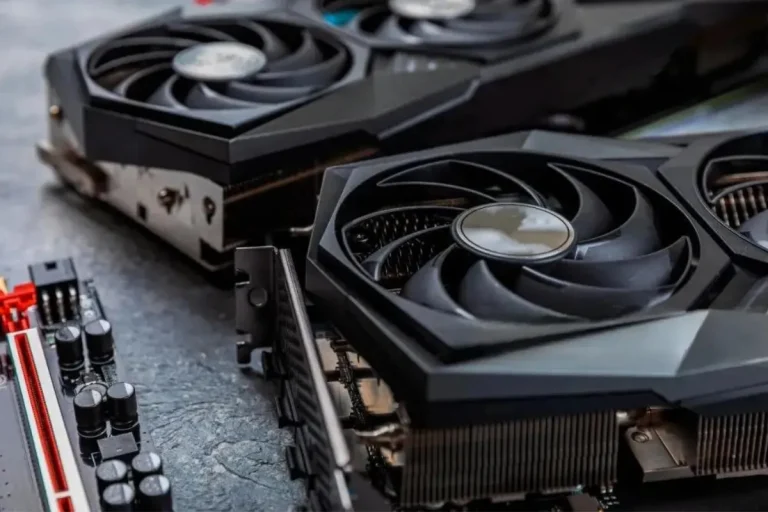How is Intel HD Graphics for gaming?
Are you curious about gaming on a laptop with Intel HD Graphics? Wondering if it can handle your favorite games? Look no further! In this blog post, we’ll explore the gaming capabilities of Intel HD Graphics, its features, performance, and whether it’s a suitable choice for your gaming needs. Let’s dive in and find out!
Performance of Intel HD Graphics in Gaming
When it comes to gaming, the performance of your graphics card plays a crucial role in delivering smooth gameplay and stunning visuals. We’ll take a closer look at the gaming performance of Intel HD Graphics, considering its capabilities and limitations compared to dedicated graphics cards.
Overview of Gaming Performance with Intel HD Graphics
Intel HD Graphics, integrated into many laptops and desktop computers, provides a decent gaming experience for casual and less demanding games. With advancements in technology, the performance of Intel HD Graphics has improved over the years, allowing it to handle a range of games with varying requirements.
Factors Influencing Gaming Performance
Several factors influence the gaming performance of Intel HD Graphics. The most significant ones include the specific model of the graphics card, the amount of dedicated video memory available, the overall system specifications (such as CPU and RAM), and the optimization of the game itself. It’s important to note that while newer generations of Intel HD Graphics offer better performance, they still have certain limitations compared to dedicated graphics cards.
Comparison with Dedicated Graphics Cards for Gaming
While Intel HD Graphics can handle many games, it’s essential to understand that dedicated graphics cards outperform integrated graphics in terms of gaming performance.
Dedicated graphics cards have dedicated memory and more powerful processing capabilities, allowing for smoother gameplay, higher frame rates, and better visual effects.
If you’re a serious gamer or want to play resource-intensive games, investing in a laptop or desktop with a dedicated graphics card is highly recommended.
Optimizing Gaming Experience with Intel HD Graphics
When gaming on a laptop or desktop with Intel HD Graphics, there are various tips and tricks you can employ to enhance your gaming performance and overall experience. In this section, we’ll explore some valuable techniques that can help you get the most out of your Intel HD Graphics setup.
Tips and Tricks to Enhance Gaming Performance with Intel HD Graphics
Adjusting In-Game Settings for Smoother Gameplay:
Lowering the graphics settings within games can significantly improve performance. Reduce the resolution, disable or lower graphical effects, and adjust shadows and textures to find the right balance between visuals and performance.
Importance of Keeping Drivers Up to Date:
Regularly updating your graphics drivers is crucial for optimal performance. Visit the Intel website or use their driver update utility to ensure you have the latest drivers installed. Updated drivers often include bug fixes, performance improvements, and compatibility enhancements.
Optimizing System Settings:
Close unnecessary background applications to free up system resources. Disable any power-saving modes that may limit the performance of your graphics card. Additionally, ensure your laptop or desktop is running on a balanced or high-performance power plan.
Overclocking and Undervolting:
If you’re comfortable with advanced settings, you can explore overclocking your CPU or undervolving your GPU. These methods can squeeze out extra performance, but they require caution and knowledge to prevent overheating or stability issues.
Limitations of Intel HD Graphics for Gaming
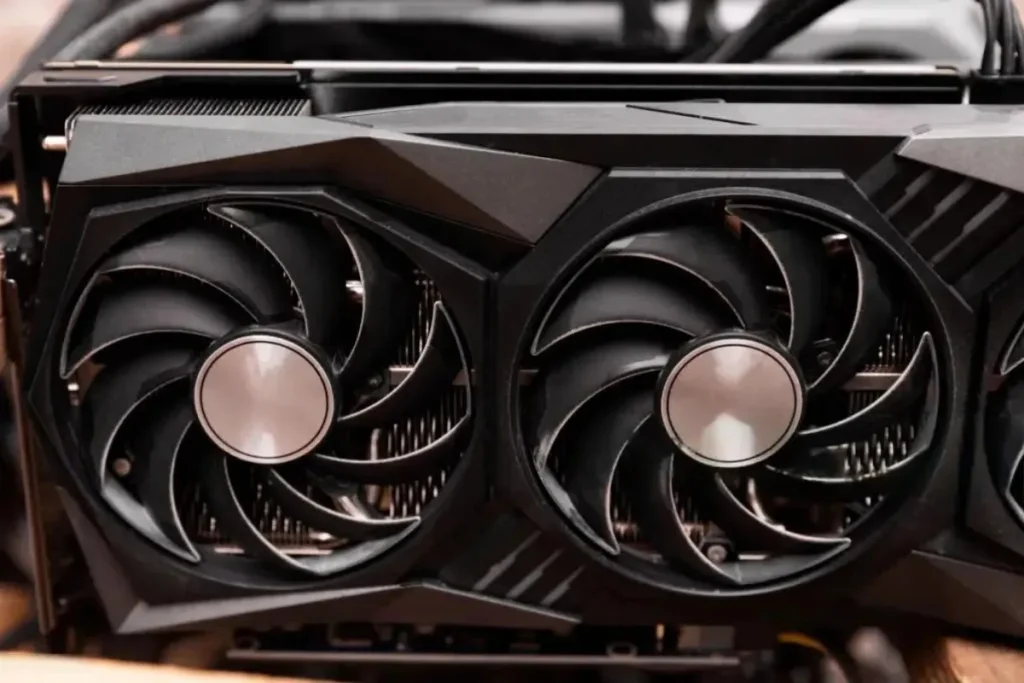
While Intel HD Graphics can provide a decent gaming experience for many games, it’s important to understand its limitations and challenges. In this section, we’ll discuss the factors that can impact gaming performance with Intel HD Graphics and the types of games that may require more powerful dedicated graphics cards.
Discussing the Limitations and Challenges of Gaming with Intel HD Graphics
Integrated Graphics vs. Dedicated Graphics:
Intel HD Graphics, being integrated into the processor, shares system memory and processing power with other components. This shared resource allocation can limit the overall gaming performance compared to dedicated graphics cards that have their own dedicated memory and processing capabilities.
Limited Power and Performance:
Intel HD Graphics is designed primarily for everyday tasks and light gaming. While it can handle less demanding games, resource-intensive games with high-resolution textures, complex graphics, and advanced visual effects can strain the capabilities of Intel HD Graphics.
Games that May Require More Powerful Dedicated Graphics Cards
- AAA Titles and Graphically Intensive Games: Games that fall into the AAA category, known for their high-quality graphics and demanding system requirements, often require more powerful dedicated graphics cards.
- Virtual Reality (VR) Gaming: Virtual Reality gaming demands a significant amount of processing power and graphical prowess. To fully enjoy VR experiences, dedicated graphics cards are generally recommended to ensure smooth gameplay and prevent motion sickness.
Frequently Asked Questions
1: Can Intel HD Graphics handle modern games?
Intel HD Graphics can handle less demanding and older games, but it may struggle with modern and graphically intensive games that require higher processing power and dedicated graphics cards.
2: Does Intel HD Graphics support Virtual Reality (VR) gaming?
Intel HD Graphics is not designed specifically for VR gaming and may not provide the level of performance required for a smooth and immersive VR experience. Dedicated graphics cards are generally recommended for VR gaming.
3: What are the limitations of gaming with Intel HD Graphics?
Intel HD Graphics has limitations due to its shared system resources and lower processing power compared to dedicated graphics cards. It may struggle with resource-intensive games, high-resolution textures, and advanced visual effects.
4: Can I upgrade Intel HD Graphics for better gaming performance?
Unfortunately, Intel HD Graphics is integrated into the processor and cannot be upgraded separately. To improve gaming performance, you would need to consider upgrading your entire system, including the processor and dedicated graphics card.
5: Are there any settings or optimizations I can make for better gaming with Intel HD Graphics?
Yes, there are some settings and optimizations you can try to enhance gaming performance. These include adjusting in-game settings, keeping graphics drivers up to date, optimizing system settings, and exploring overclocking or undervolting techniques.
Conclusion
While Intel HD Graphics can handle some games, it may struggle with modern and graphically intensive titles. For a smooth and immersive gaming experience, especially for VR gaming, opting for a system with a dedicated graphics card is recommended. Don’t let the limitations hold you back from exploring the exciting world of gaming!
